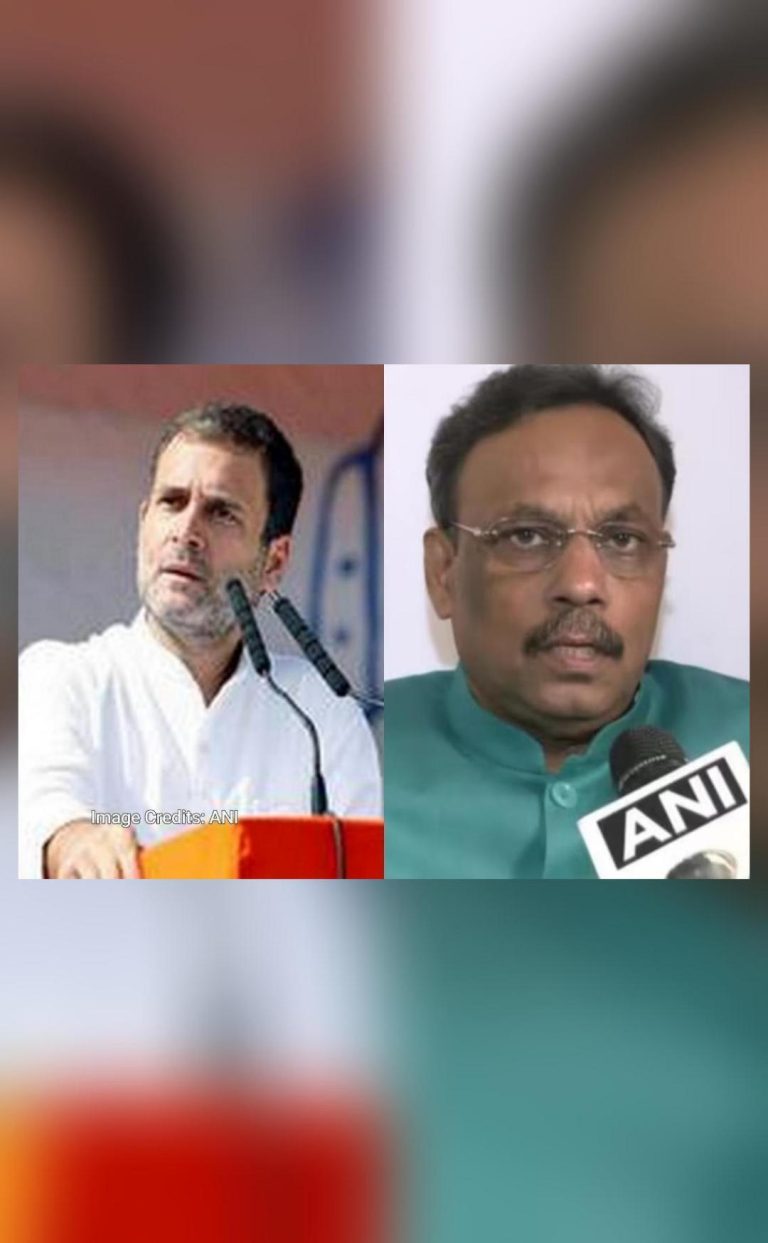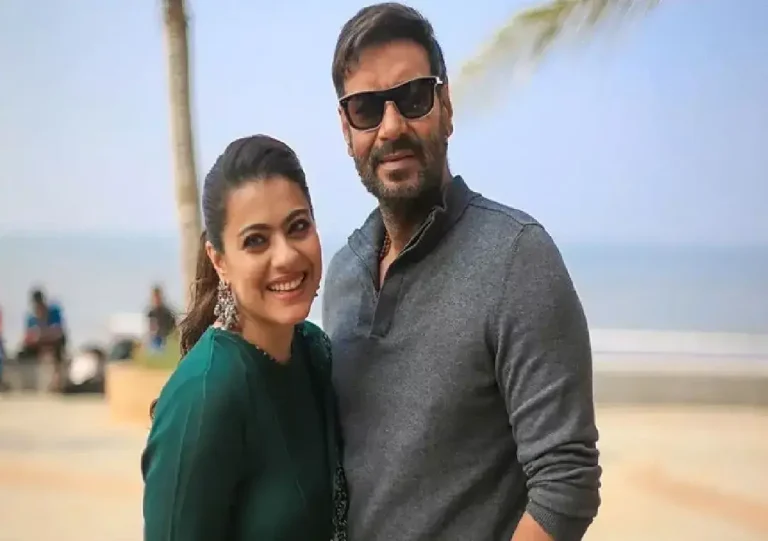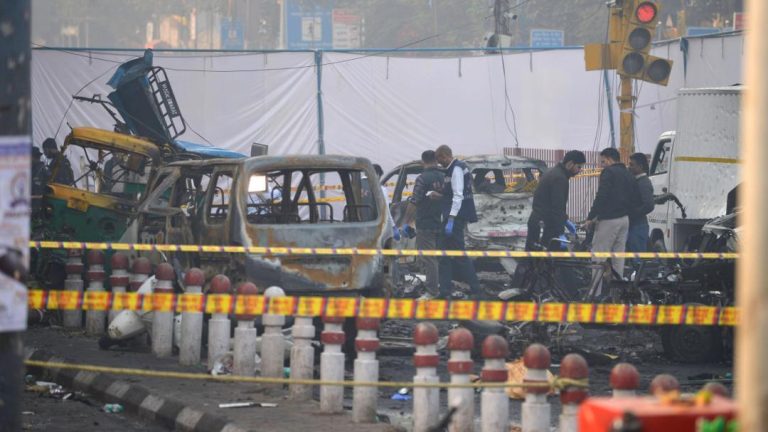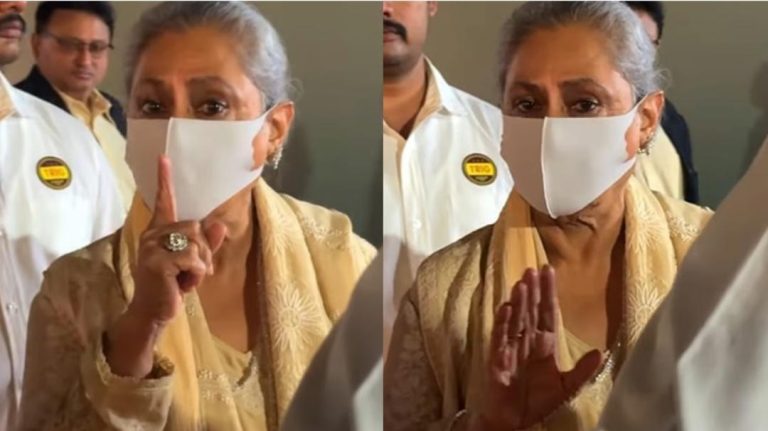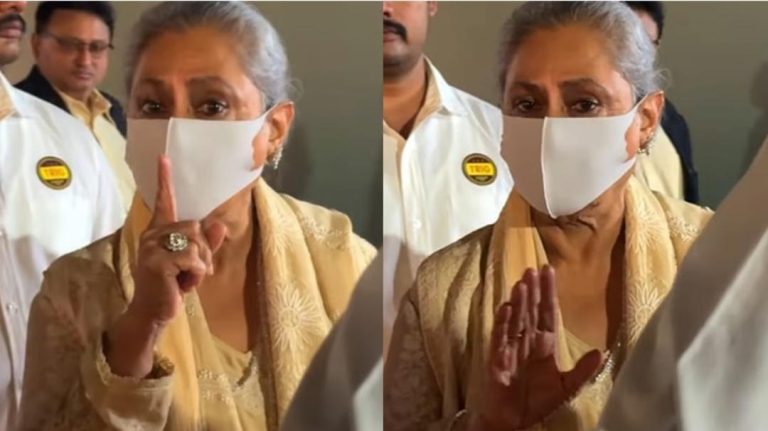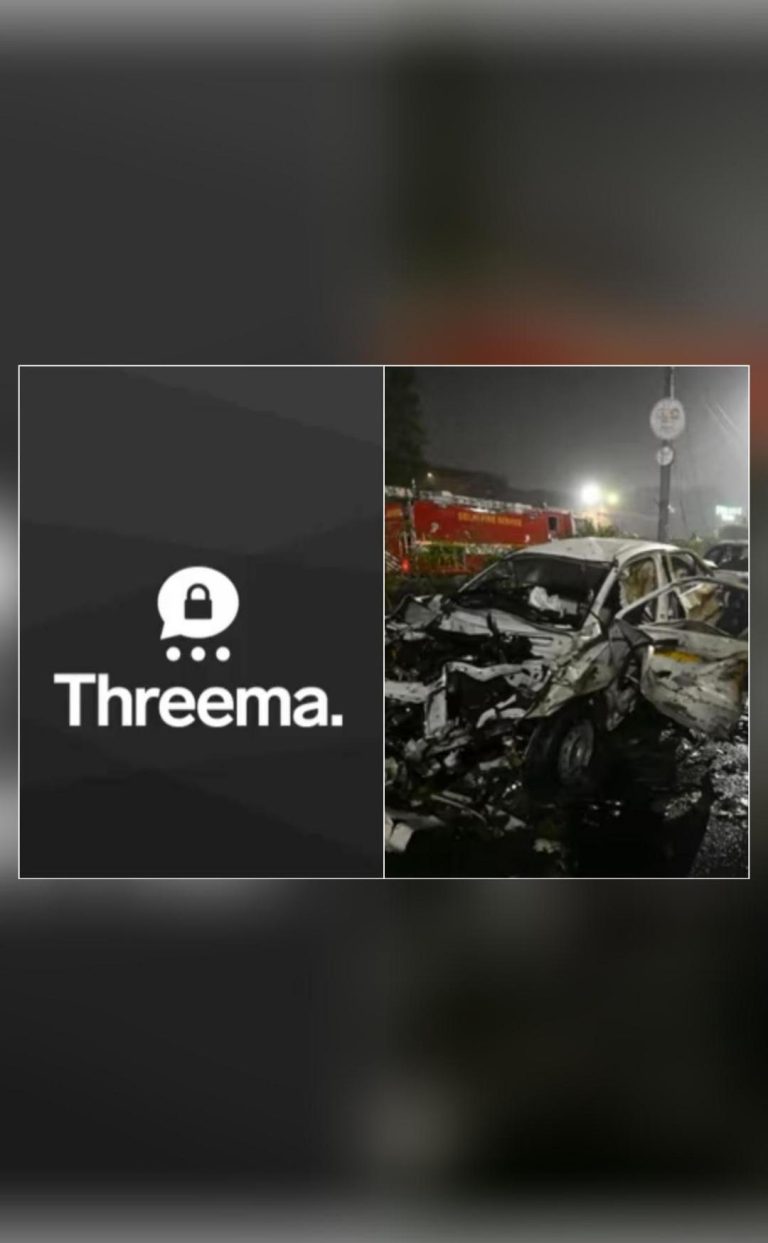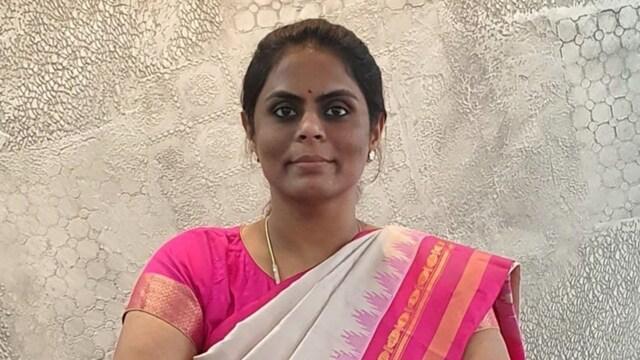
Govt School Students Must Clean Own Toilets, Says T’gana IAS Officer, Criticised
A recent statement made by IAS officer Alagu Varsini has sparked a heated debate in Telangana, with many questioning the wisdom behind her words. According to reports, Varsini, an officer stationed in the state’s education department, allegedly told students at a government school that they should wash their own toilets since they are not from a posh background. The statement has been met with widespread criticism, with many demanding her removal from her post.
The controversy began when Varsini made the comment during a meeting with students at a government school in Telangana. The students, who were reportedly taken aback by her statement, have since come forward to express their disappointment and anger. “We are not used to such language,” one student said in an interview. “We feel humiliated and belittled by her words.”
The statement has also been condemned by opposition parties in the state. BRS leader K Kavitha, who has been vocal in her criticism of Varsini’s remarks, demanded that she be removed from her post. “The statement goes against the concept of establishing Gurukuls to protect marginalized communities’ students from caste and class bias,” Kavitha said. “It is unacceptable and reflects poorly on the government’s commitment to education and social justice.”
Varsini’s statement has also been criticized by education experts and activists who argue that it perpetuates a culture of classism and elitism. “This kind of language is not only unacceptable but also harmful,” said Dr. Rakesh, a prominent education expert. “It reinforces the idea that certain students are inferior and that they should be treated as such. This is not the kind of message we want to send to our children.”
The controversy has also led to a wider debate about the role of IAS officers in the education sector. While some argue that IAS officers are necessary to provide guidance and direction to government schools, others argue that they often lack the necessary expertise and understanding of the education system.
“The IAS officer’s role is to provide administrative support and guidance to the education department,” said a senior education official. “They are not teachers or educational experts, and they should not be making decisions that affect the education of children.”
The controversy has also raised questions about the training and orientation of IAS officers in the education sector. “IAS officers are often parachuted into the education sector with little or no experience or training,” said a former education official. “This can lead to a lack of understanding of the education system and the needs of students and teachers.”
In the aftermath of the controversy, Varsini has refused to apologize for her statement, citing her commitment to the education of children. “I am committed to the education of children, and I will continue to work towards that goal,” she said in a statement. “I will not be swayed by criticism or opposition.”
However, many are calling for Varsini’s removal from her post, citing her lack of sensitivity and understanding of the education system. “This kind of language is unacceptable and reflects poorly on the government,” said a senior opposition leader. “We demand that Varsini be removed from her post and replaced with someone who understands the needs and concerns of students and teachers.”
In conclusion, the controversy surrounding Varsini’s statement has highlighted the need for greater sensitivity and understanding in the education sector. It is essential that IAS officers and other officials working in the education sector understand the needs and concerns of students and teachers, and that they work towards creating an inclusive and equitable education system.
Source: https://nis-gs.pix.in/inshorts/images/v1/variants/jpg/m/2025/06_jun/1_sun/img_1748768373965_642.jpg
